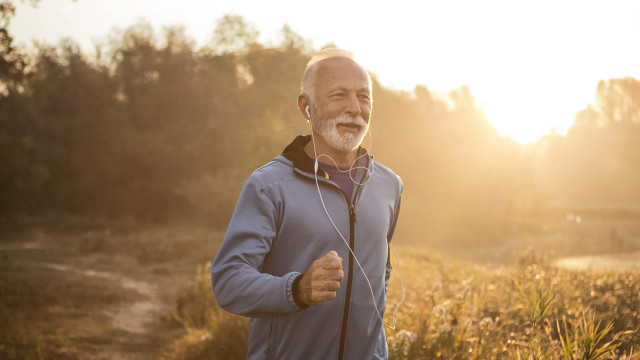Own Your Healing Journey

When was the last time you experienced pain? For me, it was just this morning — while closing a cupboard door too abruptly, I hurt my finger as it got trapped momentarily. We all experience many such sudden, small accidents over our lifetimes — burning ourselves while cooking, cutting ourselves while dicing vegetables, or spraining an ankle while jogging. Chances are when you feel such minor physical pain in your daily life, you simply brush it off and move on.
Less obvious and often more complex than physical pain is emotional pain, which too we encounter in our everyday lives. Perhaps while walking along the street, you see a homeless person and feel a pang of guilt or sorrow. Maybe while running errands, you notice someone whose appearance reminds you of an old friend you’ve lost; or you might have feelings of social inadequacy as return-to-office anxiety takes hold.
Some pains are stronger than others, particularly those in which we feel a sense of responsibility. This could be when we end a relationship, or when we are unable to help someone in need. In severe cases, the emotional pain or trauma leaves a wound so deep that it takes decades to heal.
Usually, emotional healing is not as straightforward as physical healing. Studies show that the human brain construes physical and mental pain with the same intensity. This overlap causes our bodies to react to an emotional assault the same way we could to a physical injury. An article titled 'Psychological pain: A review of evidence’ published in the Journal of Psychiatric Research says, “emotional or psychological pain can be often perceived worse than physical pain an individual may have experienced.”
Healing begins when you take responsibility for your healing journey through self-care. You need to study yourself and find what is it that troubles you. Is it shame? Or anger? You need to confront these raw emotions, to unburden your heart and mind by acknowledging and understanding the cause of these emotions, and find a way to let them go through meditation and mindfulness.
To invite greater healing from within, it’s important that you own your story, pausing and connecting with yourself to heal inside out. This is not to say that asking for help is wrong: we all need guidance from experts who can teach us how to meditate, be mindful and be in the moment to be able to listen to our body.
Here’s how you can empower yourself and begin your own healing journey:
Embrace Wholistic Wellbeing
Life’s curveballs, I’ve come to realize, mould us. Adversity and unrest help us find out who we truly are. At the same time, taking care of our wellbeing helps us be resilient in the face of adversity and cope with difficult emotions. Wellbeing is a personal responsibility. By looking at wellbeing wholistically, we come to understand how to manage ourselves and our emotions through life. We learn how our happiness is determined by our mind, body, friendships, family, economic welfare, communities, jobs, and environment.
For me, Wholistic Wellbeing is wellbeing across dimensions including physical, emotional, mental, social, spiritual, financial, societal, and planetary wellbeing. It begins with taking care of you, your family, your social tribe, and the planet your live on.
To own our healing journey, we need to avoid thinking in silos and consider our health, wellbeing, and emotions as a continuous spectrum. By contextualizing our emotional pain against all aspects of our life, we can gain precious insights into the potential origin and causes of that pain. Similarly, mapping our Wholistic Wellbeing against our emotional state can help us identify the roots of our symptoms as well as a wider array of possible solutions. For example, how does our financial situation impact our emotional pain? Perhaps our emotional healing journey could be helped by physical exercise or social interaction.
Be a healing guide
Healing is a fundamentally collaborative experience. By owning your own healing journey, you set an example for your friends and family and empower them to do the same.
Displaying self-awareness, empathy, and sensitivity can help motivate those around you. You could end up playing a role in a friend’s healing story, having acquired wisdom during your own journey towards emotional wellbeing. You can help them cultivate confidence and encourage them to express their thoughts, feelings, and ideas. It’s important not to criticize, blame, or judge them for their past mistakes. Do remember you can be a guide, but it’s still their story — they need to find the courage to be the protagonist in their own healing journey and learn to remove obstacles that might hinder their progress.
Taking responsibility for your own healing is to take step towards a life of shared joy and wellbeing.





